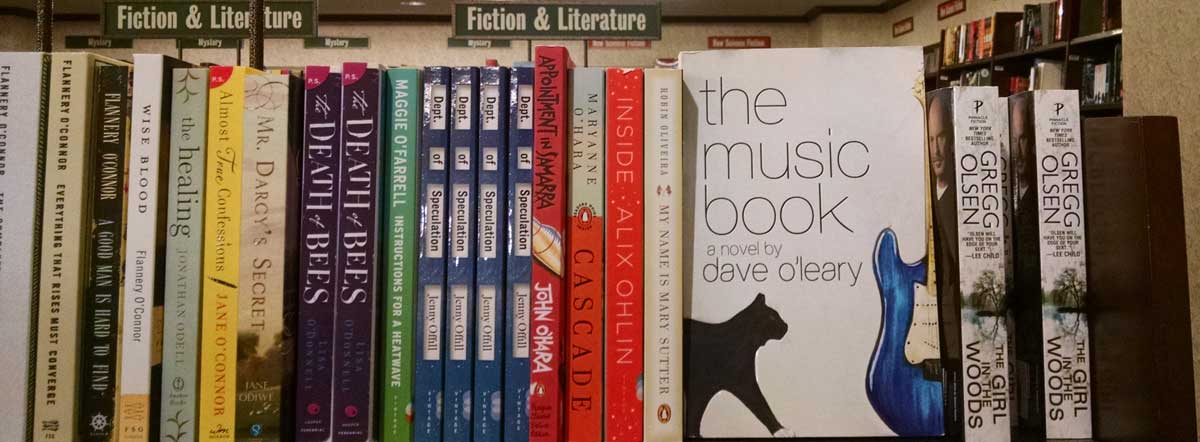I’d never heard of Christopher Hitchens until sometime last year while doing research for my next book. The Music Book had been out for a while and I was originally thinking my next work would be a collection of short stories based around holidays. I’d written a few already and one, Condoms on Christmas, had been published. The idea was to rework and re-edit the stories and write three or four more, but as I got to work on Condoms, it expanded. I saw new characters and new perspectives. So I decided to make it a novel.
The book then would not just deal with one Christmas day and the reasons we do and don’t let people into and out of our lives. It would deal with evolution, the origins of the universe—and its endings—and religion. And it was in researching religious and anti-religious themes—though mainly anti—that I found Christopher Hitchens. I’d been reading Richard Dawkins and watching videos of his talks on YouTube and in doing so one invariably will come across Mr. Hitchens. My first encounter was when I watched this video (Hitchens starts at the 4:25 mark and runs through 17:35).
I knew then I had to find out more about the man who dealt solely with the letter B in his support of the proposition that we’d be better off without religion. And say what you will about him, at the very least he was a man of his convictions who searched for and spoke the truth as he saw it based on the evidence he found. He was, though, sometimes accused of being strident—a charge he accepted—and of being extremist in his atheism, something he even labeled himself as in the video above.
Now, I never knew the man, obviously, and he could lack for subtlety at times, but I respect him. He was intelligent, very well read, and a great speaker, and he never once publicly wavered in his conviction to remain true to his atheism, even near the end of his life when suffering from cancer of the oesophagus. There would be no deathbed conversion he said. He was—and swore to remain—an atheist in a foxhole. There is ample video evidence of this.
And yet there’s a new book out by Larry Taunton-—described in this article by David Frum as “an evangelical publicist and promoter who became friendly with Hitchens during the writer’s final three years of life.”—that seeks to undercut this image of Hitchens. It claims that Hitchens was very much near a conversion at the end but held off for appearances only and thus was a coward. Taunton goes further to claim he was a friend of Hitchens even as he can say little to nothing kind or decent about the man.
And this is exactly what Hitchens said would happen, that the religious would try to claim him at some point and suggest a conversion or wished for conversion had happened. In an interview with Anderson Cooper, he refused to do the Pascal thing and hedge his bets while facing certain death from his illness. He said of such deathbed conversion rumors—and books—”Don’t believe it.”
If you read the Frum article, you’ll notice that the conversion has to be a private one, one that—like religion itself—cannot be disproved, a conversion based on a great amount of supposition from Taunton that contradicts all the evidence left behind by the man who cannot now defend himself.
I’ll admit here that I have not yet read Taunton’s book, but I will so this post will likely be a part one, the before of a before and after on the faith of Christopher Hitchens and its betrayal by a supposed friend or something on the idea of Taunton’s effort to steal a soul back from beyond the grave in an effort to rewrite the life and history of a man in order to gain some sort of moral victory. I don’t know. Maybe it’s something I’ll work into my own book, one of those condoms needed on Christmas.
What I’ll say now though is this:
On its surface, Taunton’s book is distasteful. Agree with Hitchens or not, like him or not, let the man rest in peace as who he was for a life is not made of post-mortem suppositions and character assassinations from a supposed friend that fly in the face of the actual life that was lived. A life is made rather as Hitchens did it: honestly following evidence to discover truth, which is something someone writing a book, especially a non-fiction book, should absolutely do.
I’ll end with Hitchens’ own words from his last public appearance. I’ll let the man speak for himself.
“We have the same job we’ve always had. To say as thinking people and as humans that there are no final solutions. There is no absolute truth. There is no supreme leader. There is no totalitarian solution that says that if you just give up your freedom of inquiry, if you will simply abandon your critical faculties, a world of idiotic bliss can be yours…We have to begin by repudiating all such claims. Grand rabbis, chief ayatollahs, infallible popes, the peddlers of surrogate and mutant quasi political religion and worship, the dear leader, the great leader. We have no need of any of this.”
